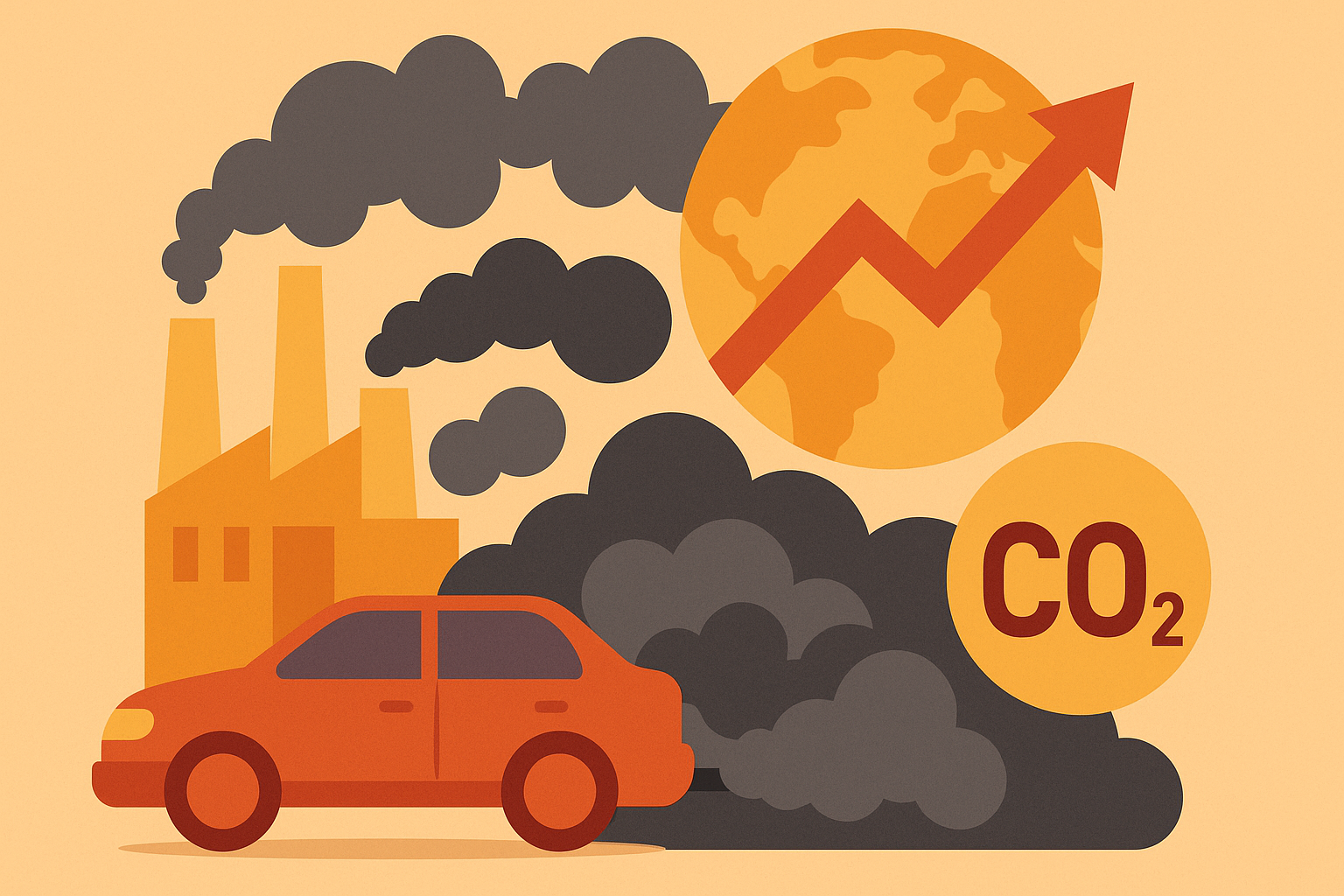The Trump administration’s proposal to repeal greenhouse gas emissions standards for new vehicles, intended to offer “regulatory relief” and “affordable choices,” could end up costing American consumers and the economy more than expected, according to the Environmental Protection Agency’s (EPA) own analysis.
Although EPA Administrator nominee Lee Zeldin announced the proposed rollback as a step toward ending “sixteen years of uncertainty” for automakers and buyers, internal modeling reveals a more complex reality. Some scenarios estimate the repeal could impose net costs of up to $350 billion annually, especially if tax credits for electric vehicles under the Inflation Reduction Act are also eliminated.
Conflicting Economic Projections
While the EPA outlined several economic models, the results varied widely. Under ideal economic assumptions, the proposal might save $490 billion annually—but critics say this relies heavily on speculative gas price assumptions. Former EPA official Joseph Goffman warned that the models seem designed to justify the repeal rather than reflect realistic scenarios, noting “unrealistically low fuel price forecasts” skew the data.
EPA officials acknowledged the speculative nature of the projections but claimed the variety of scenarios was intended to reflect different market conditions. However, none of the projections factored in public health costs related to increased air pollution.
Consumer Costs and Electric Vehicles
Under Biden-era emissions standards introduced in 2024, new car prices were expected to rise—around $900 for sedans and up to $2,600 for SUVs—due to the adoption of cleaner technologies. However, these upfront costs were balanced by long-term fuel and maintenance savings, with projected lifetime savings of $4,400 for typical drivers. Those savings became even more significant with the inclusion of $7,500 tax credits for electric vehicles, which are now slated for elimination under Trump’s newly passed “Big Beautiful Bill.”
By contrast, the new EPA proposal’s analysis—just 63 pages long compared to the previous administration’s 800—does not address changes in car prices or long-term savings. The EPA under Trump has claimed the repeal will yield $54 billion in annual benefits, but when factoring in future maintenance costs, the net effect becomes a loss of $18 billion per year.
Public Health and Climate Impact
Biden’s emissions rules were estimated to save $13 billion annually in public health costs by reducing harmful pollutants like fine particulate matter. Additionally, they promised $72 billion in climate-related benefits through reductions in greenhouse gases.
The repeal plan retains fine particle regulations but removes carbon emission standards, ignoring broader health and climate consequences. Critics argue this omission downplays the long-term societal cost of increased pollution, including premature deaths and economic losses from climate-related disasters.
Legal and Environmental Consequences
Beyond vehicles, the Trump EPA’s repeal of the 2009 “endangerment finding”—the legal basis for regulating greenhouse gases—could limit the federal government’s future ability to act on climate change. Environmental advocates fear this move is a deliberate attempt to strip the EPA of its authority.
Goffman emphasized the legal risk, saying, “They’ve taken themselves out on the legal ledge, and it’s only a couple of millimeters wide.” He added that such a repeal would be difficult to reverse, even under future administrations.
Meanwhile, the Trump EPA has also proposed scaling back air pollution limits for power plants. Though the agency claims this will save the power sector $1.2 billion annually, its own analysis estimates $8 billion in annual public health costs, making the move net negative in economic terms.
A Broader Shift in Climate Policy
Electricity generation and transportation together account for more than half of U.S. greenhouse gas emissions. Rolling back standards in both sectors could severely undermine global efforts to mitigate climate change.
Former EPA administrator Gina McCarthy condemned the repeal, stating:
“Trump’s EPA is trying every trick in the book to deny and avoid their mission to protect people and the environment. Instead of doing their job, this EPA is putting the safety of our loved ones at risk.”
As the proposal moves forward, debates continue over its legal soundness, economic logic, and potential long-term damage to public health and the environment.



